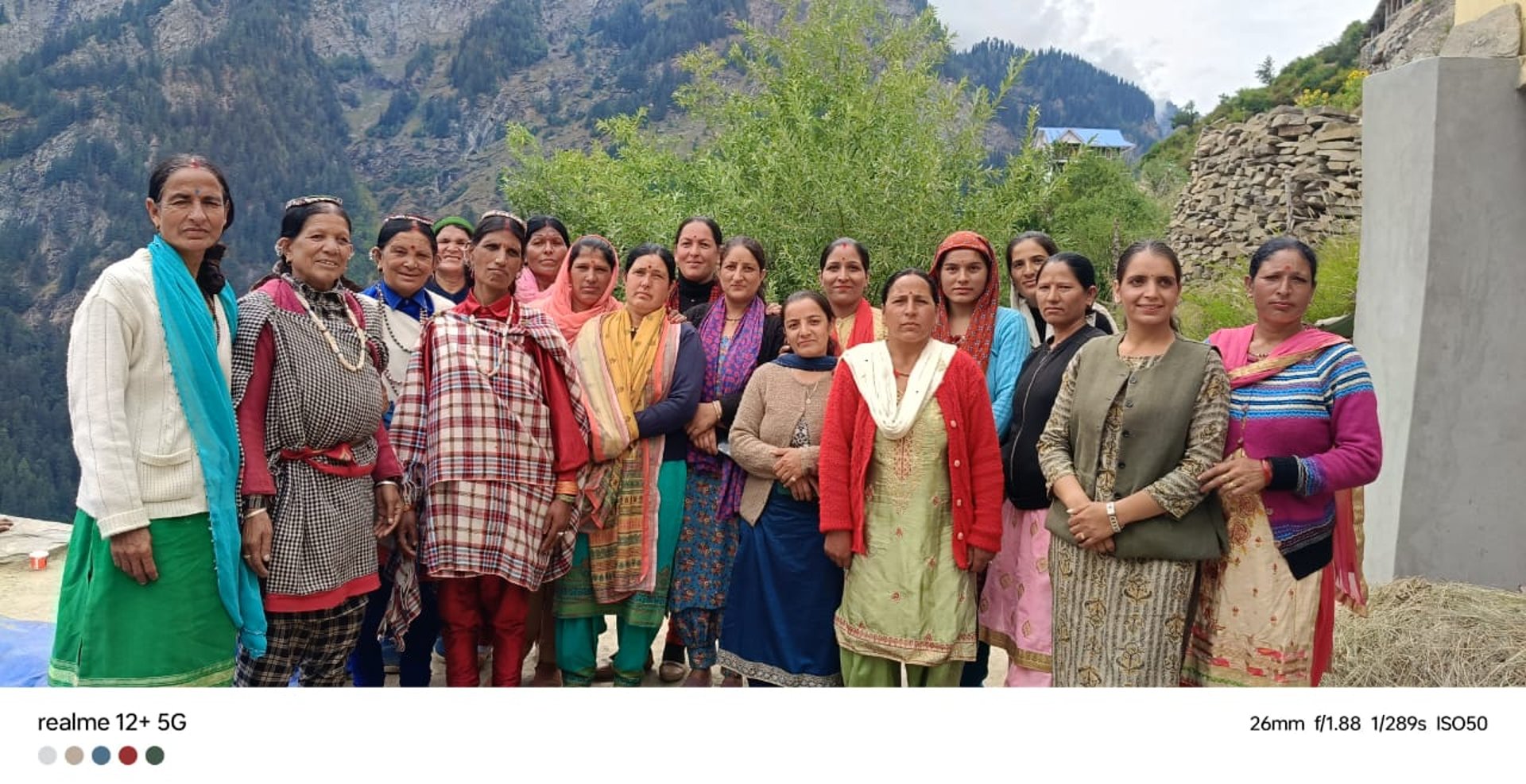
15.01.25
Formation of Pangi's First Women-Led Jungle Producer Company
On 13 January 2025, a significant milestone was achieved in Pangi Valley, Himachal Pradesh, with the registration of Pir Panjal Jungle Producer Company (PPJPC) Limited—the region's first women-led, forest-based producer company (PC). This initiative, spearheaded by the Initiative on the Forest Economy (IoFE) at the Bharati Institute of Public Policy (BIPP) and, Indian School of Business (ISB), aims to create a sustainable and economically viable forest economy by integrating women into formal supply chains.
The residents of Pangi Valley, owing to its challenging terrain, have long been dependent on forest produce for their livelihoods. However, women—despite their vital role in harvesting and managing forest resources—have remained largely invisible in commercial markets. The establishment of PPJPC aims to rectify this by uniting women into structured producer groups (PGs), enabling them to process and trade seasonal forest products (SFPs) collectively and secure better prices.
PPJPC Formation: Mobilising Women for Collective Action
PPJPC was established following extensive village-level meetings in which women were introduced to the principles of collective aggregation, sustainable harvesting, and market linkages. Through these discussions, they recognised the advantages of moving beyond individual collection towards a structured, producer-owned enterprise.
Women from 17 villages across Pangi actively participated, forming 19 PGs. Each group democratically elected it leaders and representatives, thereby ensuring that decision-making power rested with the women themselves. Through this bottom-up approach, PPJPC emerged, uniting women under a common economic vision.
We played a crucial role in guiding these PGs, offering training in resource aggregation, sustainable harvesting practices, and market engagement. By shifting from individual selling to collective bargaining, the initiative ensures better price realisation for SFPs, enabling women to increase their earnings while guaranteeing fair compensation for their communities.
The establishment of PPJPC is poised to transform Pangi’s forest economy by introducing a structured supply chain that benefits both women and the wider community. Collective processing will ensure better price realisation, eliminate exploitative middlemen, and raise the visibility of women within the supply chain.
PPJPC’s inaugural commercial venture will comprise the sale of wild hazelnuts—a highly valued SFP in the region. Plans are underway to streamline the harvesting process while maintaining sustainability. Community Forest Resource Management Committees (CFRMCs) have been established alongside the PGs to oversee sustainable harvesting, prevent over-extraction, and ensure long-term ecological balance.
Beyond economic benefits, the initiative will strengthen local governance by empowering communities to reinvest profits from SFPs into local infrastructure, capacity building, and sustainable land management. Moreover, PPJPC will facilitate value addition by enabling women to engage in local-level mechanical processing, thereby enhancing productivity and expanding income opportunities.
PPJPC’s Vision: Building a Sustainable and Equitable Forest Economy
The foundation of PPJPC was laid through extensive grassroots mobilisation, with PGs and CFRMCs forming in key villages, such as Punto, Charcharwas, Shoar, Hillor, Kulal, and Phindpar. In Punto, women collectively elected their leaders and submitted identity documents to formalise their participation. Previously, the village sold 200 kg of hazelnuts at ₹2,500 per kg and 40 kg of kala jeera at ₹3,500 per kg; under the structured PC model, they can now negotiate better rates.
As PPJPC gains momentum, women across Pangi are embracing their new roles as leaders, entrepreneurs, and decision-makers. Meetings are being held in additional villages to expand participation, ensuring that the initiative’s benefits reach as many women as possible.
Grassroots Implementation and Expansion of PPJPC
Future Prospects and Institutional Support
To ensure the long-term sustainability of PPJPC, institutional collaborations are being explored with relevant government departments, financial institutions, and market facilitators. A concept note has been drafted to identify the appropriate nodal department that will oversee and support the company's expansion. Future plans include training women in financial literacy and entrepreneurship, integrating digital tracking tools for greater transparency, and scaling up value addition through local processing units.
PPJPC is more than just a business venture—it is a step towards economic self-sufficiency for Pangi's forest-dependent women. By transitioning from fragmented individual efforts to a structured, community-driven enterprise, this initiative will economically empower women while ensuring sustainable management of forest resources.
With its first sale approaching, PPJPC is set to demonstrate the power of women-led producer enterprises in transforming rural economies. Through continued capacity building, institutional support, and community participation, the model can serve as a replicable blueprint for other forest-dependent communities across India.
